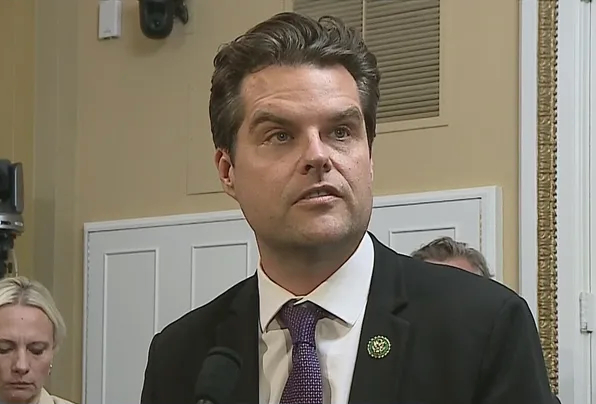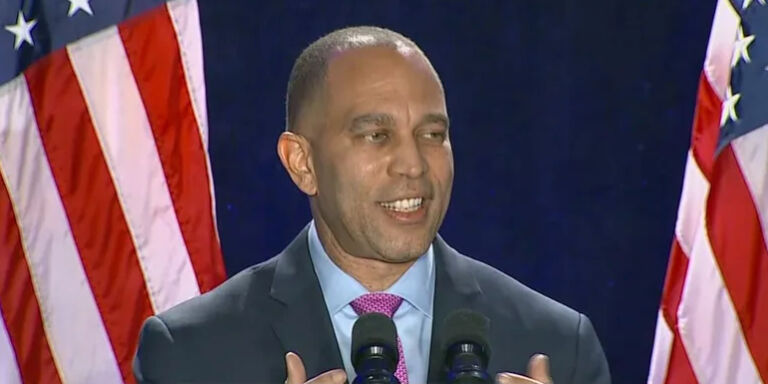Editors at National Review Online question what lies ahead for disgruntled Republicans in the U.S. House.
Representative Matt Gaetz was in all his glory on Tuesday when he was swarmed by reporters outside the U.S. Capitol after seven Republicans joined him and 208 Democrats to oust Representative Kevin McCarthy as speaker of the House. The question is: Now what? If, that is, he cares.
Even if, for the sake of argument, we dismiss the most obvious interpretation of Gaetz’s actions — that he craves attention — and take him at his word that he has earnest concerns about the direction of policy and congressional procedure, it is hard to see how getting rid of McCarthy will advance his stated goals. Still less clear is why gaining attention for Matt Gaetz serves the interests of the other seven or their constituents, let alone the rest of the Republican conference.
Gaetz complained that McCarthy worked with Democrats to avert a government shutdown (in a move supported by 126 Republicans). But Gaetz just worked with Democrats to oust McCarthy (in a move supported by just eight Republicans). Gaetz complained that the budget deal did nothing to address border security. But Gaetz refused to vote for a bill to fund the government that included border-security measures, which would have given McCarthy more leverage in negotiations with Democrats. Gaetz claims he wants to tackle the nation’s $33 trillion national debt — but he has not offered proposals, such as a plan to reform entitlements, that would be necessary to seriously address the problem.
While we have had our disagreements with McCarthy, the reality is that he was attempting to govern with a historically slim and fractious House majority and with Democrats in control of the Senate and the White House. Refusing to raise the debt ceiling or fund the government indefinitely — even if either was politically sustainable — was never going to balance the budget or seal the border with Senate Majority Leader Chuck Schumer and President Biden in power.


